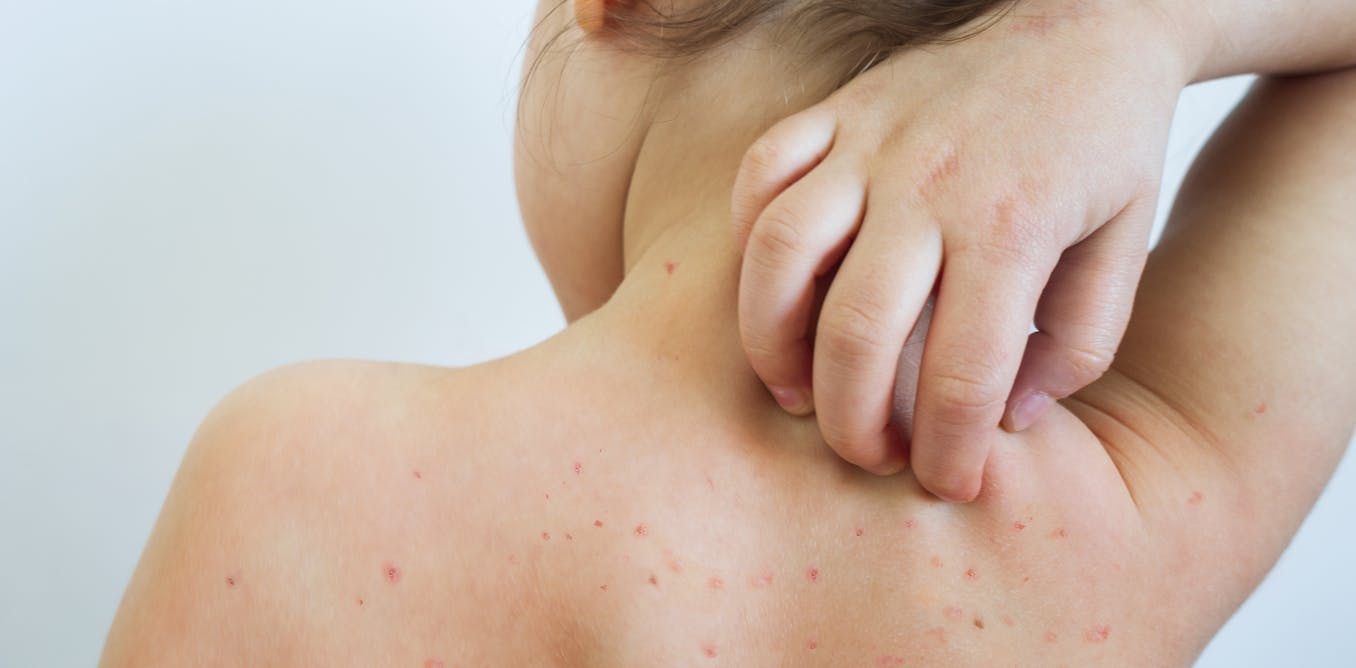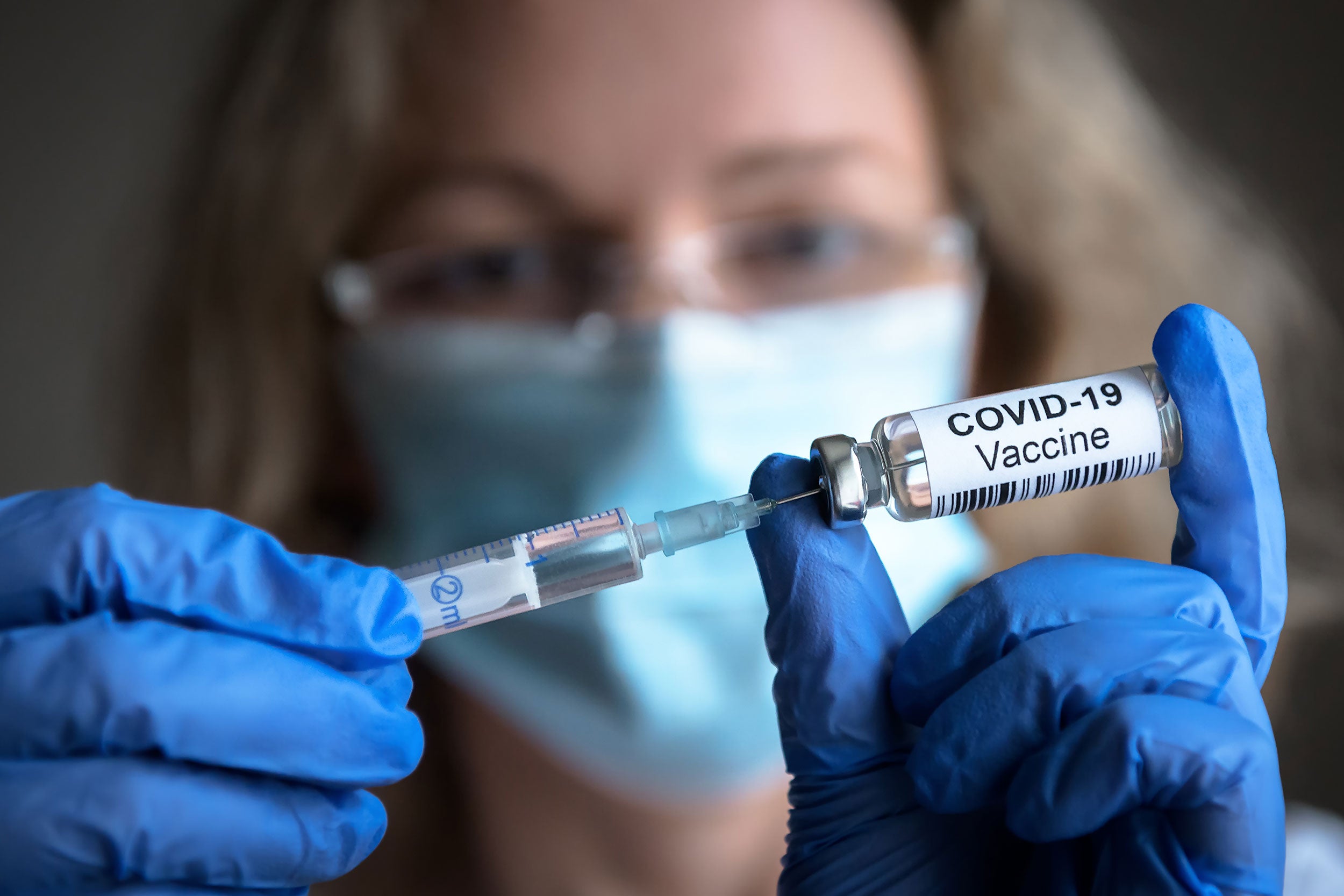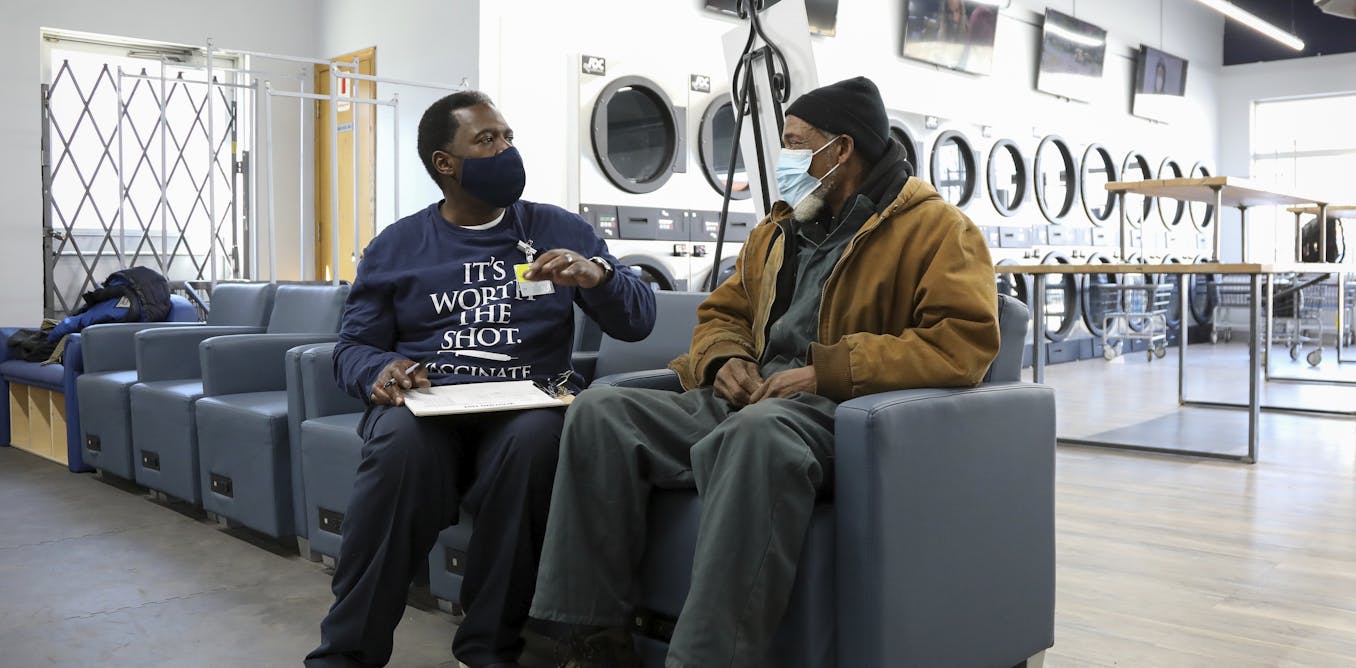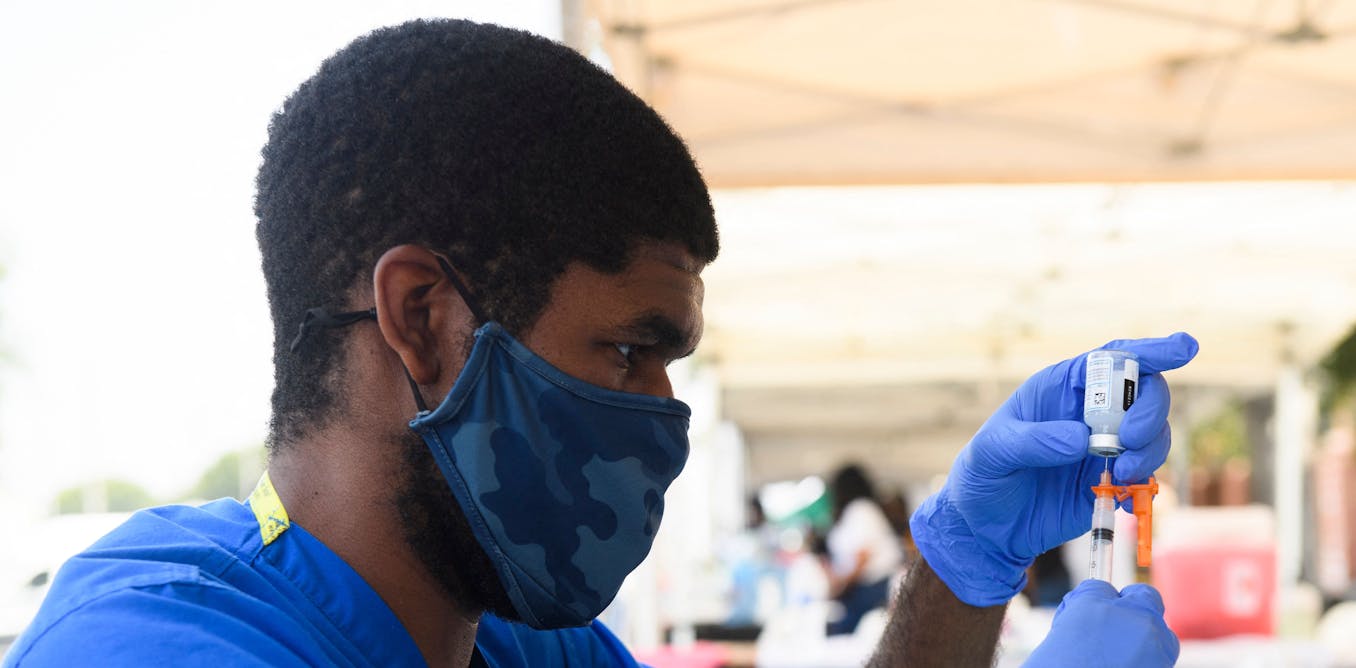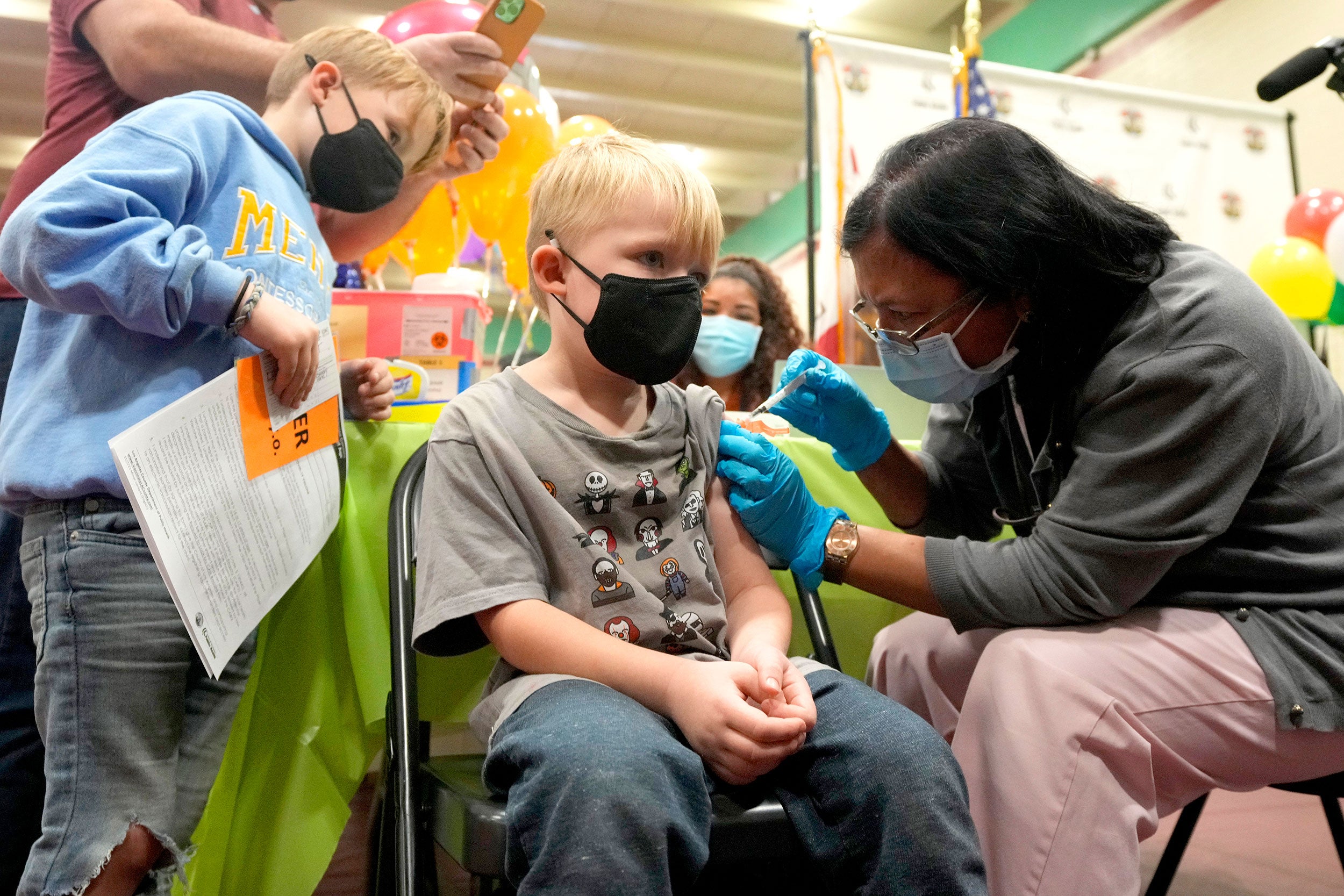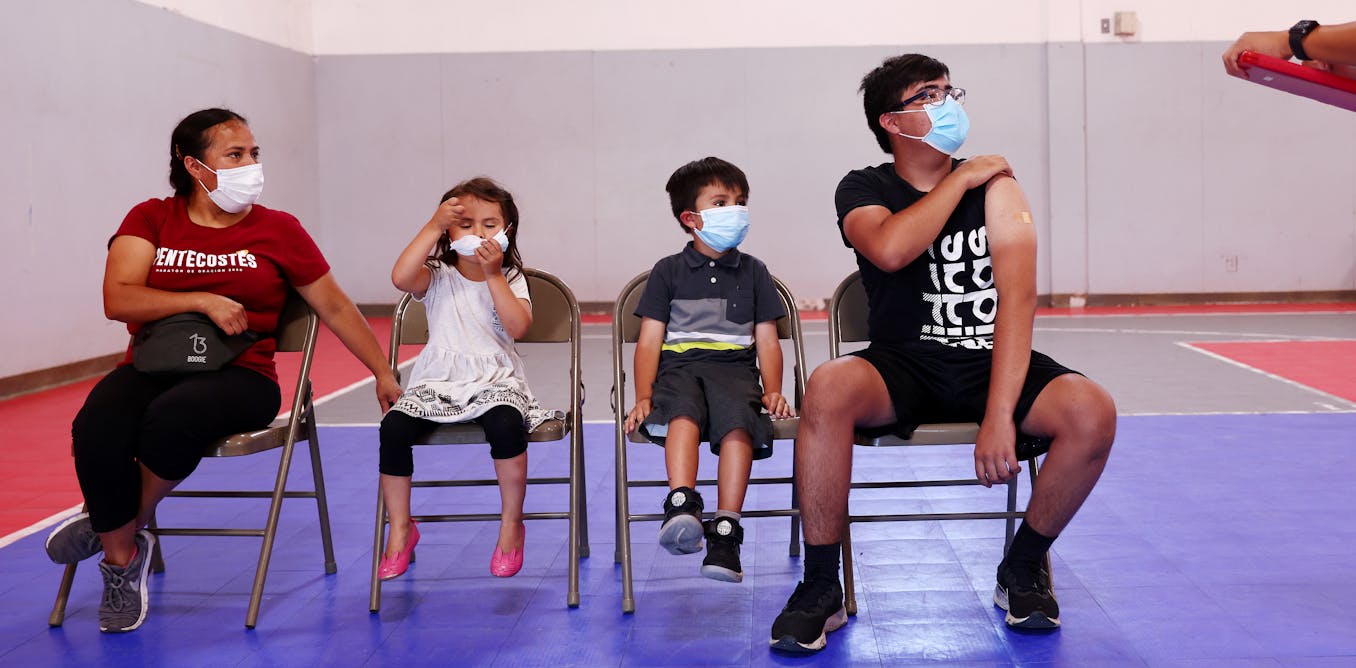'Off-label' use is common in medicine – a bioethicist and legal philosopher explain why the COVID-19 vaccines are different
The CDC’s COVID-19 vaccine provider agreement prohibits health care professionals from administering the vaccines in people for whom they are not yet authorized or approved. But this departs from longstanding norms.
Nov. 17, 2021 • ~9 min


